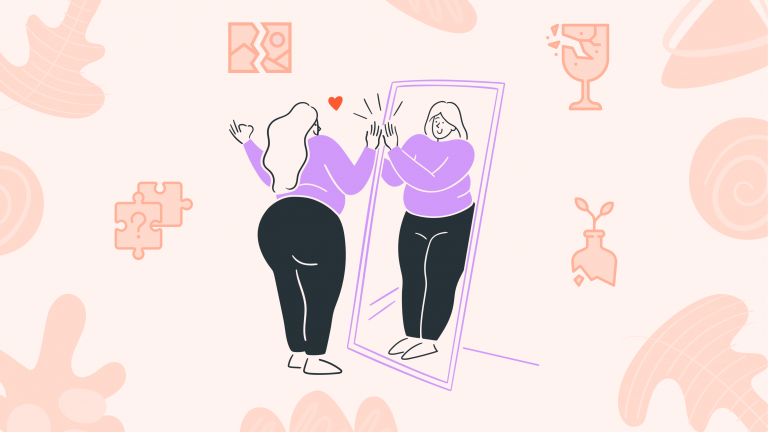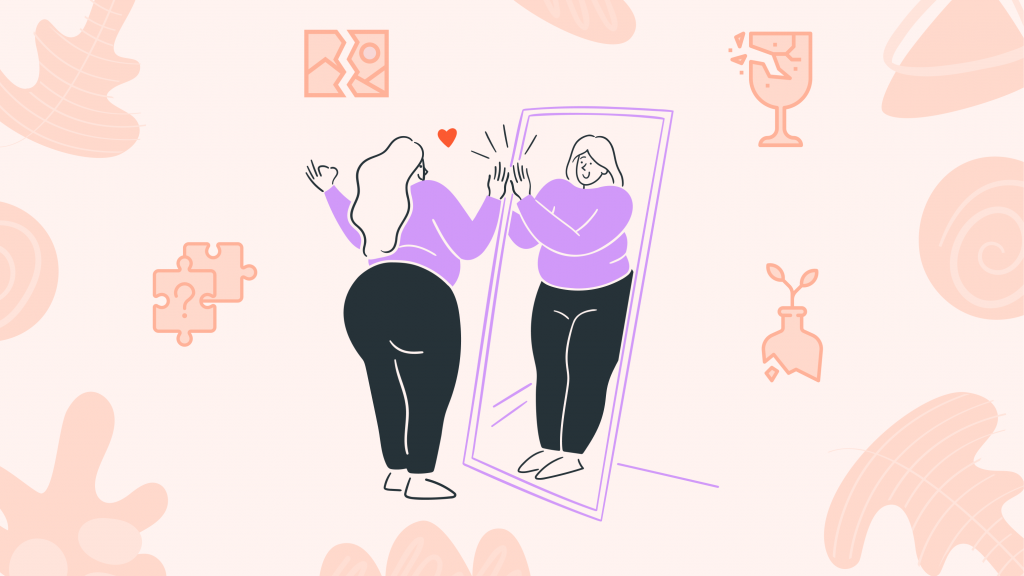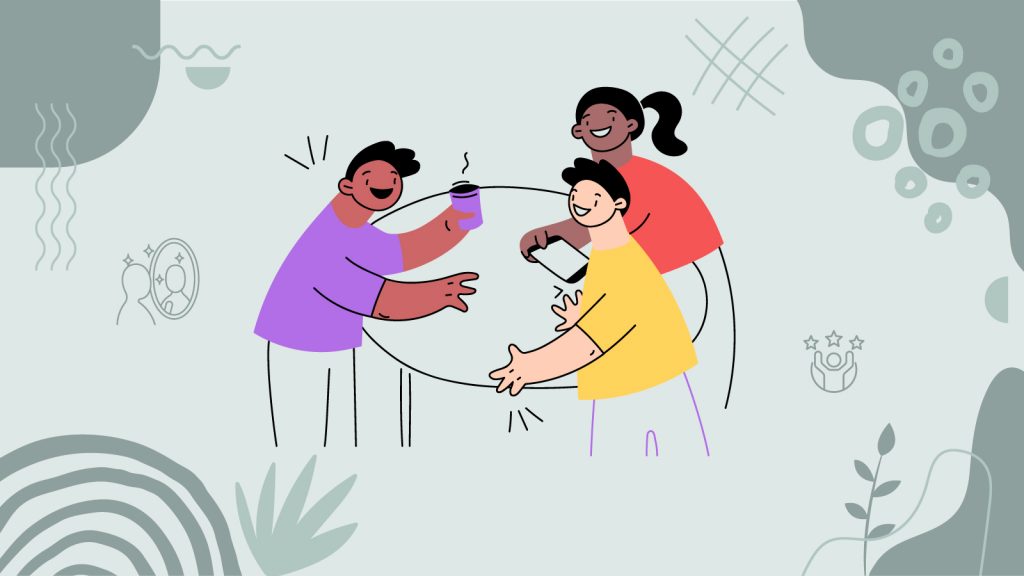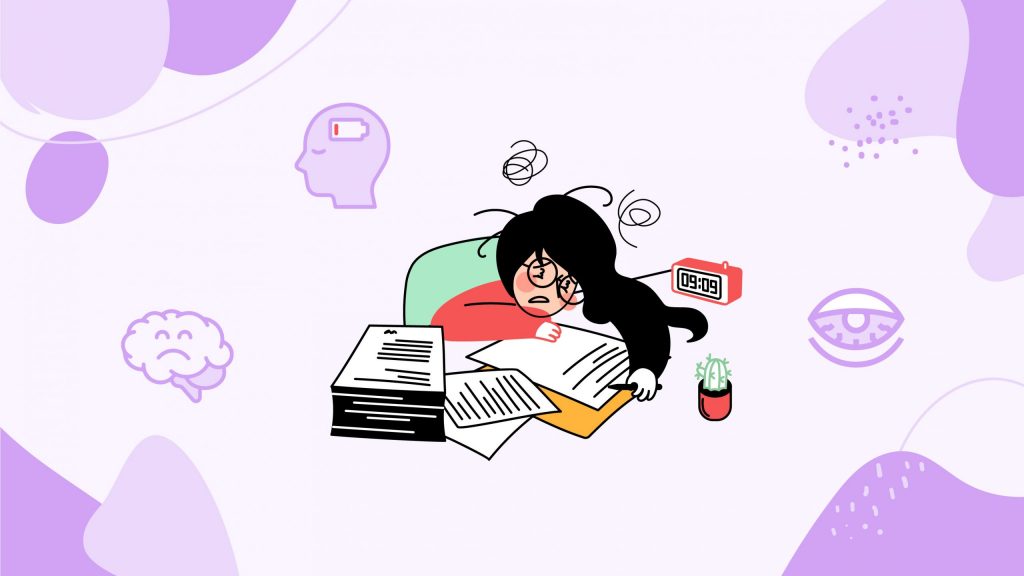The Perfection Paradox
Perfection is an intricate ballet of human endeavor, wherein individuals strive tirelessly toward an unblemished ideal, a lustrous paradigm of flawlessness that beckons from every corner of existence—be it within the professional spheres, the intricate web of relationships, or the reflective gaze of the mirror.
This grand performance unfolds upon the world’s stage, with flawlessness and success under the relentless spotlight, captivating and yet, daunting.
However, herein lies the inherent contradiction: this ceaseless quest invariably ensnares us within a labyrinth of stress and self-doubt, as we pursue an ever-elusive notion of perfection that perpetually remains just beyond our grasp.
It is an infinite game where we chase after a mirage and the sought-after prize forever dangles just out of reach, rendering us perpetually feeling a step behind, irrespective of the vigor of our efforts.
It is this paradox with which we grapple daily, attempting to reconcile the chasm between the tangible reality of our existence and the lofty ideal we are impelled to pursue.
The Neurology of Perfectionism
The drive for perfection and the difficulty in accepting imperfection are deeply rooted in our neurological makeup. The brain’s reward system, which releases dopamine in response to perceived success or achievement, can perpetuate the cycle of perfectionism.
When we achieve our goals, we feel good, but this can also set a precedent that our brain seeks to replicate, sometimes unrealistically.
Moreover, the prefrontal cortex, responsible for decision-making and self-regulation, can contribute to perfectionistic tendencies by overanalyzing decisions and outcomes, leading to procrastination and self-doubt.
The constant self-criticism and fear of failure associated with perfectionism can also activate the amygdala, the center of fear and emotion in the brain, leading to heightened stress and anxiety over making mistakes or facing imperfections.
Pathways to Acceptance
To navigate the journey of accepting imperfection, consider these practical steps:
- Set Realistic Goals: Aim for what is attainable and realistic rather than idealistic perfection. This reduces the pressure and potential for disappointment.
- Practice Self-Compassion: Treat yourself with the same kindness and understanding that you would offer a friend. Acknowledge that making mistakes and facing flaws are integral parts of the human experience.
- Mindfulness and Reflection: Engage in mindfulness practices to stay present and focused, reducing the tendency to dwell on past errors or future anxieties. Reflect on your experiences to understand and accept your imperfections.
- Cultivate a Growth Mindset: View challenges and setbacks as opportunities for growth and learning, rather than as failures. This perspective encourages resilience and adaptability.
- Seek Support and Feedback: Share your experiences with trusted friends or mentors who can provide constructive feedback and support your journey towards accepting imperfection.
Subscribe to newsletter
Get your Gut Health Starter Guide right now.
Elevate your Tuesdays with practical, science-backed wisdom propelling you forward on your gut health journey.

The Imperfect Journey
As a high-achieving executive, Elena constantly pushed herself to meet not just the expectations of her role but to exceed them, often at the cost of her well-being. The pressure to be perfect in every aspect of her job led to burnout and a pervasive sense of never being good enough.
The shift came when Elena attended a workshop on self-compassion and mindfulness, where she learned the importance of accepting her limitations and treating herself with kindness.
“Realizing that my pursuit of perfection was actually hindering my progress was a pivotal moment. I learned to set more achievable goals and to view mistakes as part of my growth process, not as evidence of failure.
This mindset shift was liberating. It allowed me to approach tasks with a sense of curiosity and openness, rather than fear of imperfection. Gradually, I became more productive, creative, and, importantly, happier in my work and personal life. Accepting imperfection didn’t mean lowering my standards, but rather recognizing and embracing my humanity.”


















